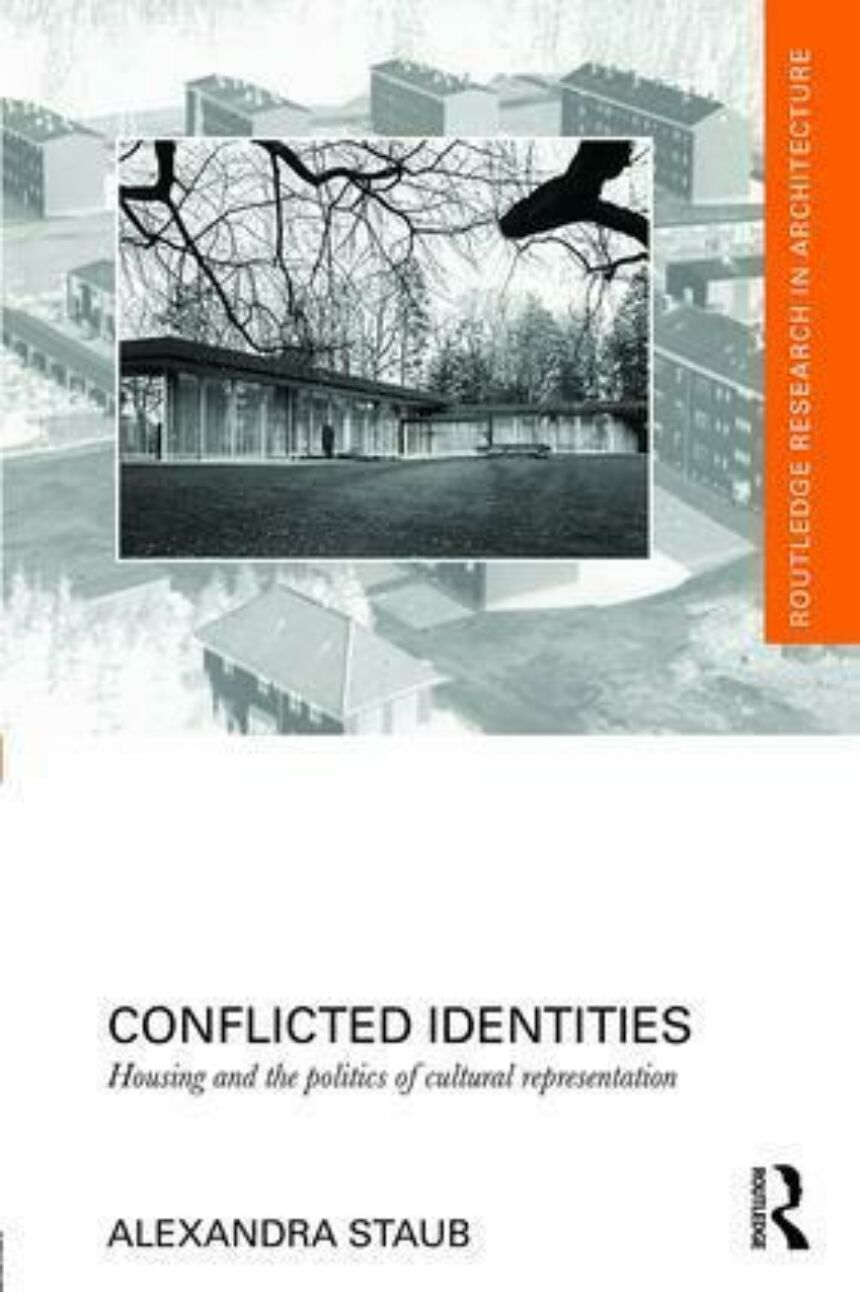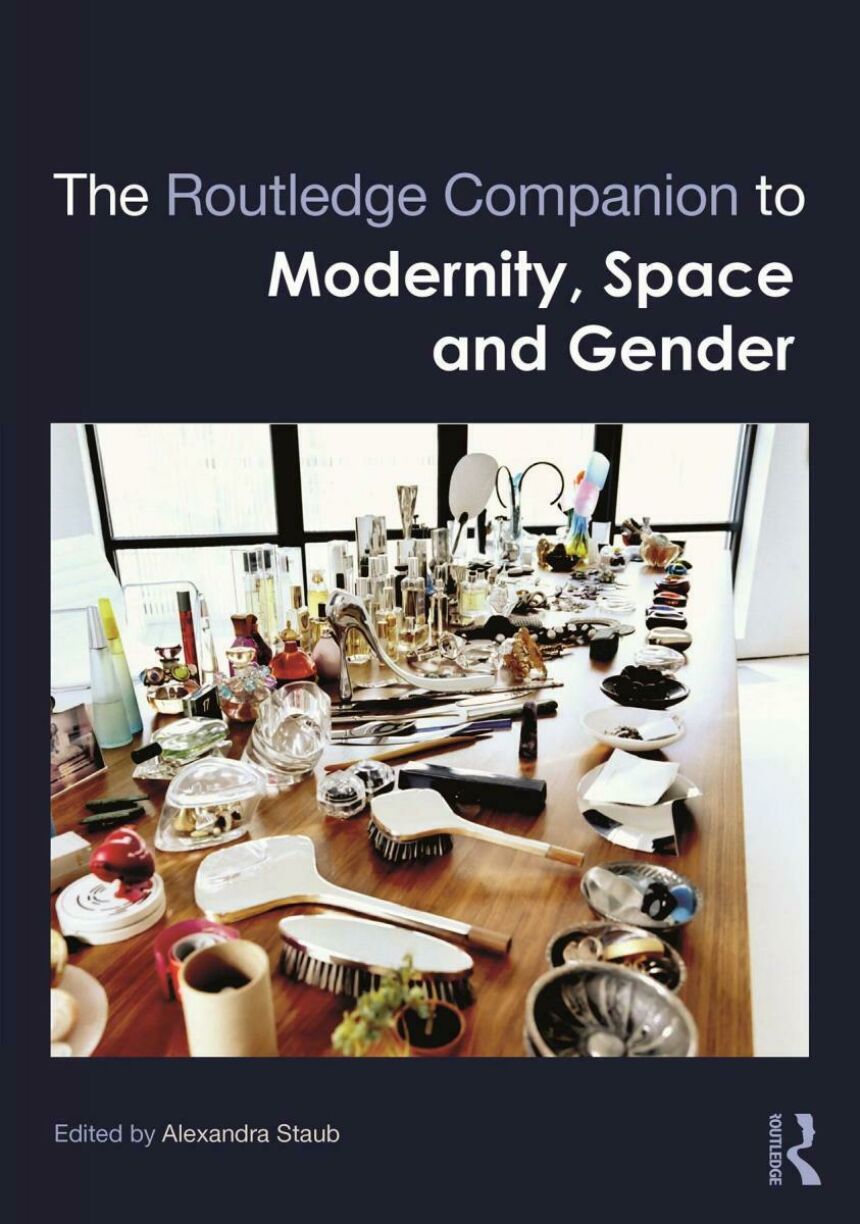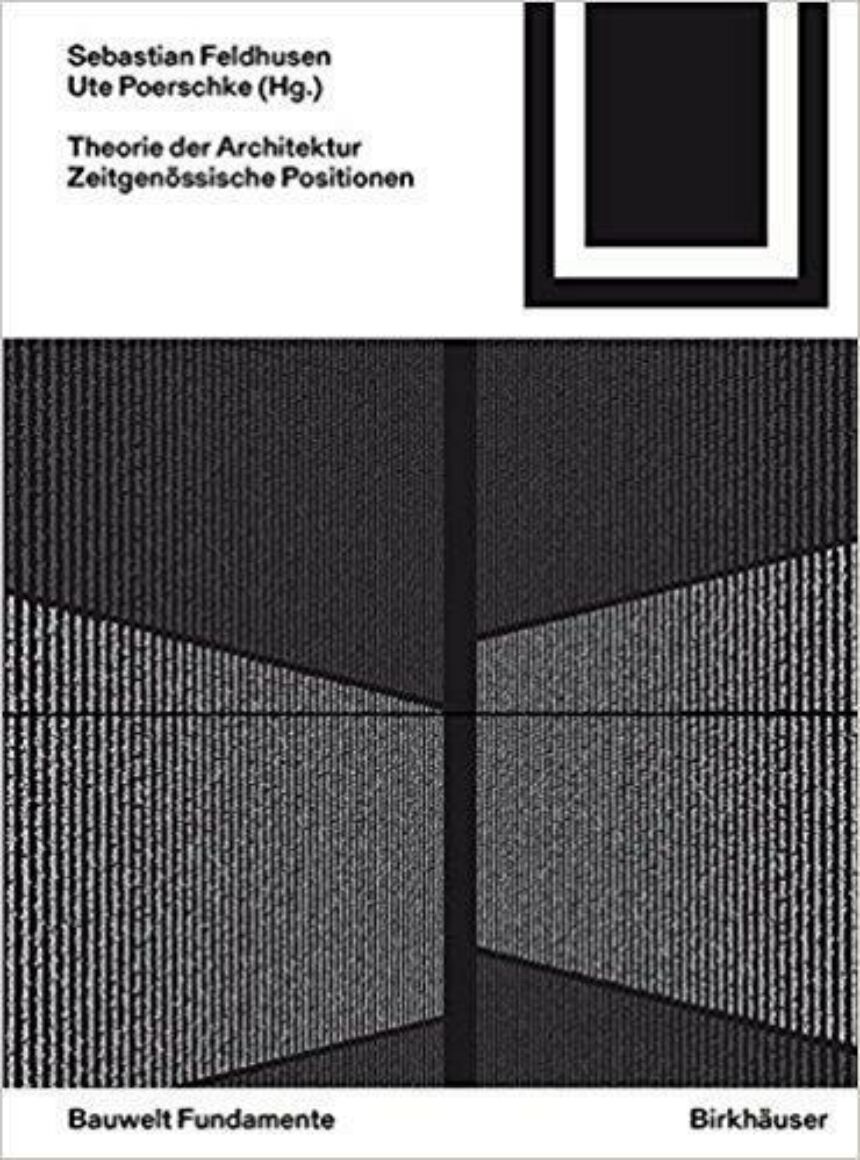
Biography
Alexandra Staub is a professor of architecture and an affiliate faculty of Penn State's Rock Ethics Institute. Her research spans history, theory, and critical interpretations of the built environment to explore how our built environment shapes, and is shaped by, our understanding of culture. This interest leads her to examine not just what we build, but also how we get there: design processes and their social implications, the economic, ecological, and social sustainability of architecture and urban systems, interpretations of private and public spaces, architectural ethics understood as questions of power and empowerment, and how social class or gender shapes our expectations for the use of space.
Staub has published three books and numerous articles and book chapters. Her most recent book, Architecture and Social Sustainability: Understanding the New Paradigm, was published by Routledge as an open-access volume in 2025 and examines how architects can “design for stakeholder agency, serve historically marginalized populations, and further our theoretical thinking about sustainability writ large."
Her 2015 book, The Routledge Companion to Modernity, Space and Gender, examines modernity in various cultural contexts, how this concept is expressed spatially through architecture and urban form, and how these frameworks have affected women in their everyday lives. Starting from a position that modernity in architecture and urbanism has been seen as a cycle of “creative destruction” associated with an idealized masculinity, the book explores how broader definitions of cultural modernity have intersected with this concept of physical and social renewal, and if such definitions can be considered socially sustainable.
Staub's 2015 book, Conflicted Identities: Housing and the Politics of Cultural Representation, is an examination of how political and cultural processes shape our built environment. In this work, she examines how nation states use officially sanctioned architecture to create a national identity that often diverges greatly from an identity represented by the vast realm of domestic space defined largely by those who occupy it. Using West Germany of the 1950s and 1960s as a case study, she examines how public architecture expressed a ubiquitous modernity and a rapid break from a tainted past, while domestic architecture expressed the Federal Republic’s often contentious path towards social renewal.
As a member of the Department of Architecture’s Culture, Society and Space (CSS) Research Cluster, Staub has supervised research projects that have examined building and urban cultures worldwide. With experience as a professional architect and as a researcher, she teaches design studios in the department’s professional programs as well as research methods and architectural ethics at the graduate level.
Staub has presented and published her work internationally. She has received numerous research and teaching grants and has served as a Penn State Rock Ethics Institute Faculty Fellow. She has served on the Architectural Research Centers Board of Directors since 2019. She frequently serves as a peer reviewer for scholarly journals, conferences, and grant opportunities.
Before joining Penn State in 2001, she practiced architecture in Berlin and worked as a junior faculty member at the Brandenburg Technical University (BTU) at Cottbus.
Staub received her Ph.D. from the BTU at Cottbus (Germany) and her professional architecture degree from the University of the Arts in Berlin (Germany). She completed her undergraduate work in psychology and French literature at Barnard College of Columbia University in New York.
Collected Works





